Meghan Markle - the profile: 'She and Harry symbolise the best of a modern, progressive Britain’
As Meghan Markle becomes the newest member of the Royal Family, we take a look at the life and career of a woman whose presence looks set to give a huge boost to the monarchy. Flora Watkins reports.
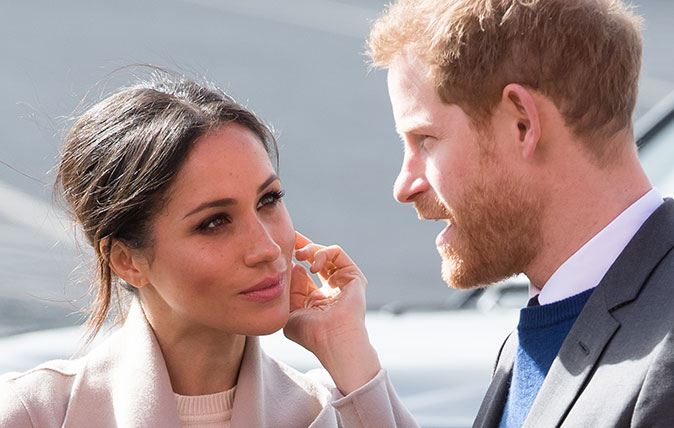
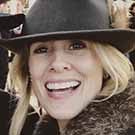
When Marilyn Monroe is introduced to Laurence Olivier’s Balkan prince in the 1957 film The Prince and the Showgirl, the strap of her dress snaps as she curtseys, to loud shrieks. She then stumbles through a list of royal titles, eventually settling on ‘your grand ducal’.
It’s inconceivable that the newest member of our own Royal Family should make such an error at a future State occasion. But then, as royal historian Hugo Vickers points out, Meghan Markle is ‘the first royal bride ever to have addressed the United Nations’.
https://youtu.be/Zkb-zg4JCLk?t=22s
Miss Markle is also the first royal bride to have persuaded Procter & Gamble to drop a sexist tagline for one of its products (at the age of 11) and the first to write an impassioned essay for Time magazine about the plight of girls in India without access to sanitary products.
Then, of course, there’s her seven years in the hit American TV series Suits. All have contributed to the elegant poise and confidence she has displayed amid the press feeding frenzy over her relationship with Prince Harry, which no amount of media training could have bestowed.
The Royal Family ‘is getting a pretty formidable, articulate human-rights supporter, activist and feminist, all those things,’ points out Mr Vickers, plus, ‘she’s had a successful career as an actress — ok, not as successful as Grace Kelly, but that’s the most obvious comparison, not Wallis [Simpson], which I think is too boring for words’.
For anyone who hasn’t been binge-watching Suits in the run-up to the Royal Wedding, it’s a slick, witty drama set in a firm of New York City lawyers. A huge hit over the pond (among US cable shows it was second in popularity only to Game of Thrones), it was largely unknown here until the royal engagement in November.
Sign up for the Country Life Newsletter
Exquisite houses, the beauty of Nature, and how to get the most from your life, straight to your inbox.
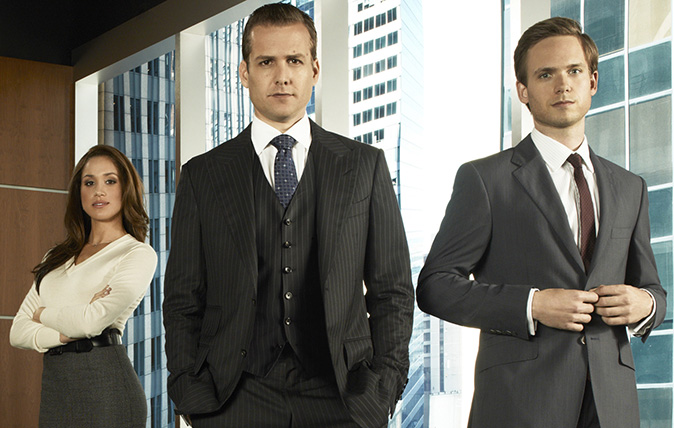
Miss Markle plays a sassy but sweet paralegal called Rachel Zane in the series. Actually, let me rephrase that: she played Rachel Zane. Because earlier this year, after giving up her roles as UN advocate for women and ambassador for the charity World Vision Canada (and quietly closing her lifestyle website, The Tig, and her Instagram account), she officially quit the show – in effect, leaving one firm to join another.
This transition has been so smooth Miss Markle might have been head-hunted for the role. That’s a testament to her capabilities and genuine warmth. ‘I just found her very sweet and funny,’ says The Daily Telegraph columnist and mental-health campaigner Bryony Gordon.
The journalist met Miss Markle when she chaired a panel on the work of Heads Together in February. This campaign, which is part of the Royal Foundation of The Duke and Duchess of Cambridge and Prince Harry, aims to ‘change the national conversation on mental health’.
‘She was lovely,’ Miss Gordon adds. ‘She’s charming, she’s smart, she’s passionate about many causes and my impression was that she really kind of mucks in, you know? “I’m going to get on with it and use it as a platform for good”.’
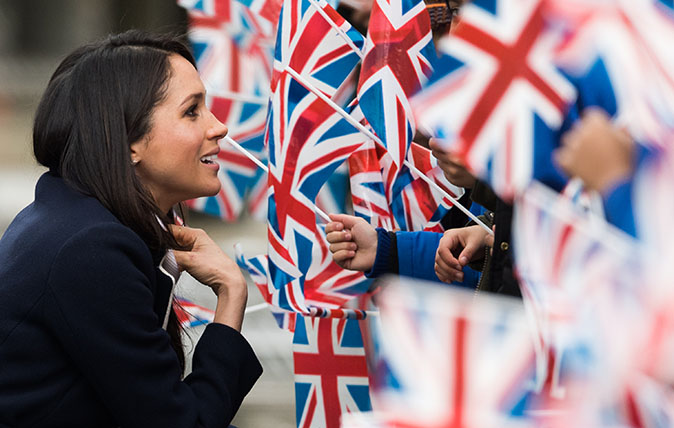
Mucking in and getting on with the job with grace, charm and eloquence has endeared Miss Markle to both the public and the family she is marrying into. ‘On paper, she couldn’t be much more complicated,’ says Mr Vickers.
‘She’s older than him [36 to Prince Harry’s 33], divorced and has been an actress, which, in the old days, wouldn’t have been allowed. Then there’s her ethnicity, on which I take her view’ – expressed by Miss Markle in the couple’s engagement interview – that ‘it’s a shame’ people have focused on it. She declared: ‘I’m really just proud of who I am and where I’ve come from.’
Miss Markle was born in 1981 in Los Angeles, to an African-American mother, Doria, and a white father, Tom, a lighting director in Hollywood. They separated when she was two.
Every day after school, the young girl would visit her father on the set of the TV shows where he worked. A bright, articulate child, she revealed to Vanity Fair magazine last year that her social awareness stems from the 1992 LA riots, sparked by the police beating of Rodney King. She recalled crying ‘Mommy, it’s snowing!’ as ash from the street fires drifted through the air.
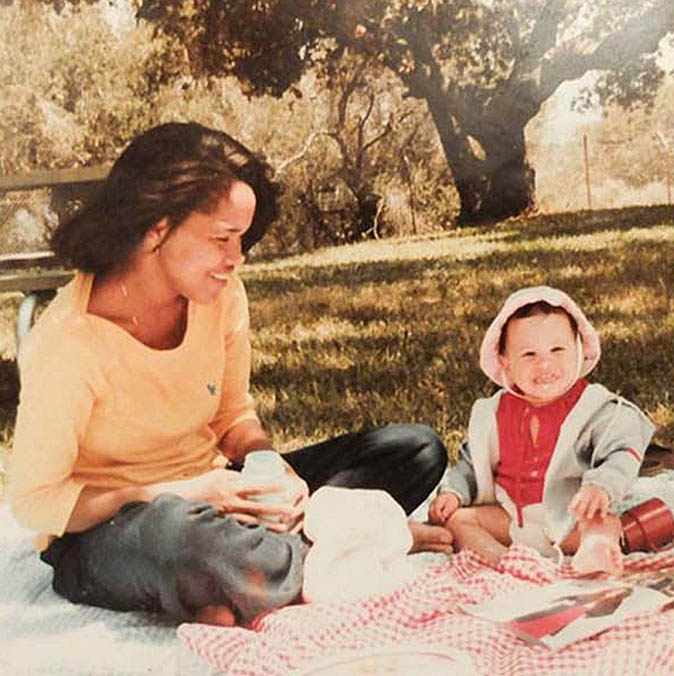
Miss Markle later attended the prestigious Northwestern University to study international relations and theatre, interning at the US embassy in Argentina in her senior year. She was the first person in her family to graduate from college.
Her acting career started slowly – she spent a while on the US version of Deal or No Deal – before her big break came in 2011, when she was cast in the pilot for Suits.
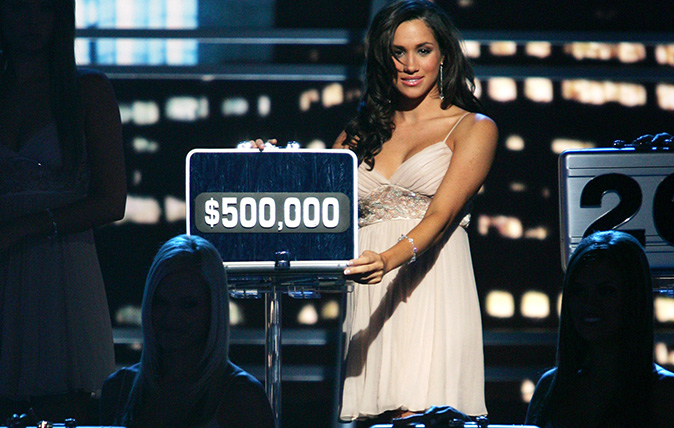
However, one senses that leaving her acting career hasn’t been a wrench, because the philanthropy that it enabled had become more important.
A shared passion about wanting to make change for the good was ‘one of the first things we connected on’, Miss Markle revealed in the engagement interview, adding with a giggle: ‘That’s what got date two.’
Prince Harry’s charitable work with the Armed Forces has been well documented; during the same interview, he confirmed that it’s the Commonwealth where the couple ‘want to spend most of our time’ (the Prince has since been appointed youth ambassador).
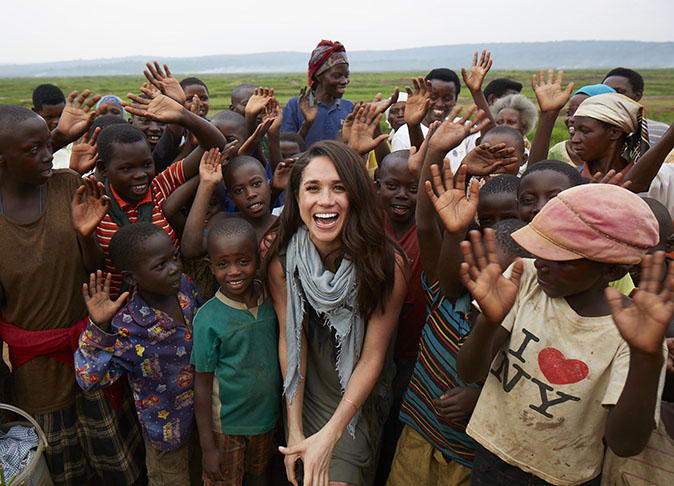
For the royal commentator Rafe Heydel-Mankoo, who will be covering the wedding for the Canadian public broadcaster CBC, this commitment to the Commonwealth will be a huge boost to the organisation – and, potentially, the UK. With Britain poised to ‘go it alone once we leave the European Union,’ he explains, the Commonwealth, ‘with its common values and its shared links of history, language, culture and common law’, has assumed an importance in White-hall not seen in recent decades.
As 21st-century Britain seeks to strike new trade deals with Commonwealth countries, many of which have a less than favourable attitude towards Britain’s Imperial past, Mr Heydel-Mankoo believes ‘there’s nothing but good that can be done when our Commonwealth ambassadors are a young, dynamic couple like Harry and Meghan, who – despite having very different backgrounds – symbolise the best of a modern, progressive Britain’.
Miss Markle has declared that she wants to ‘hit the ground running’ with her charity work when she marries Prince Harry. Marrying the second son confers a certain amount of freedom, says Mr Heydel-Mankoo, in that ‘they can be more direct in the causes they support and espouse’. Mr Vickers thinks the couple will be able to pursue their own ‘common-sense’ issues, ‘much like The Princess Royal’ does.
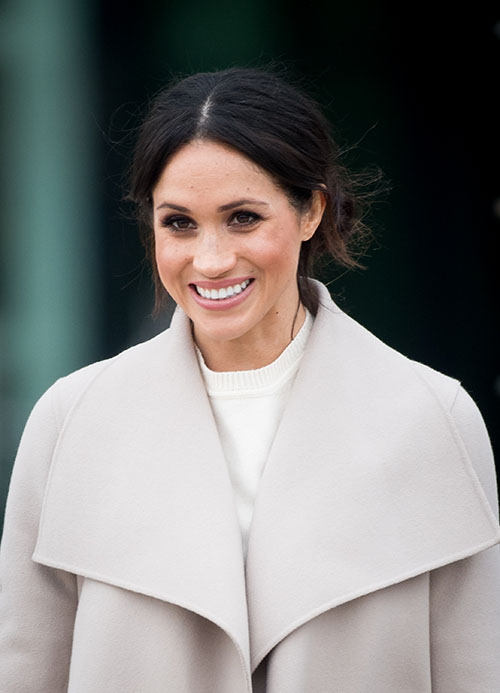
There’s no doubt that Miss Markle will be very much her own woman in her new role, something that Daily Telegraph news and fashion features director Bethan Holt sees reflected in the way she dresses.
‘She’s been wearing trousers a lot. And, although it’s mad to think today that someone wearing trousers could be empowered, within a royal context, it’s quite unusual,’ says Miss Holt. It’s done in a ‘pared-back, professional way,’ she continues, ‘showing that she’s respectful to the family she’s about to marry into – but also that she’s doing it her own way’.
Then there are the brands with a charitable or sustainable element that Miss Markle favours – such as the bag by DeMellier London (the company funds a set of childhood vaccines in the developing world for every bag purchased). ‘It’s showing that you can be stylish, but still have a set of principles,’ Miss Holt concludes.
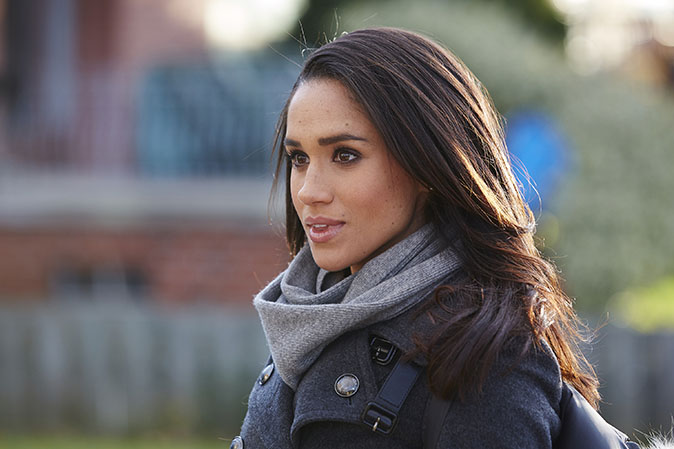
Much has been written about the impact the ‘Fab Four’ of young Royals is having on the monarchy. ‘When you meet them and work with them, it’s just like working with anyone else – that’s why they’re reinvigorating the monarchy,’ says Miss Gordon. ‘They really resonate with people.’
The effects of Prince Harry revealing, in an interview with her last year, that he had sought counselling have been extraordinary, she stresses. ‘It has genuinely changed the perception of mental health in this country.’
It is imperative for the survival of a hereditary monarchy that it is reinvented with each new generation. The addition of Miss Markle couldn’t be more apposite. It’s a fascinating time – and an optimistic one. ‘It will be very interesting to see what those four do together,’ concludes Mr Vickers. ‘I think they can achieve a lot.’
-
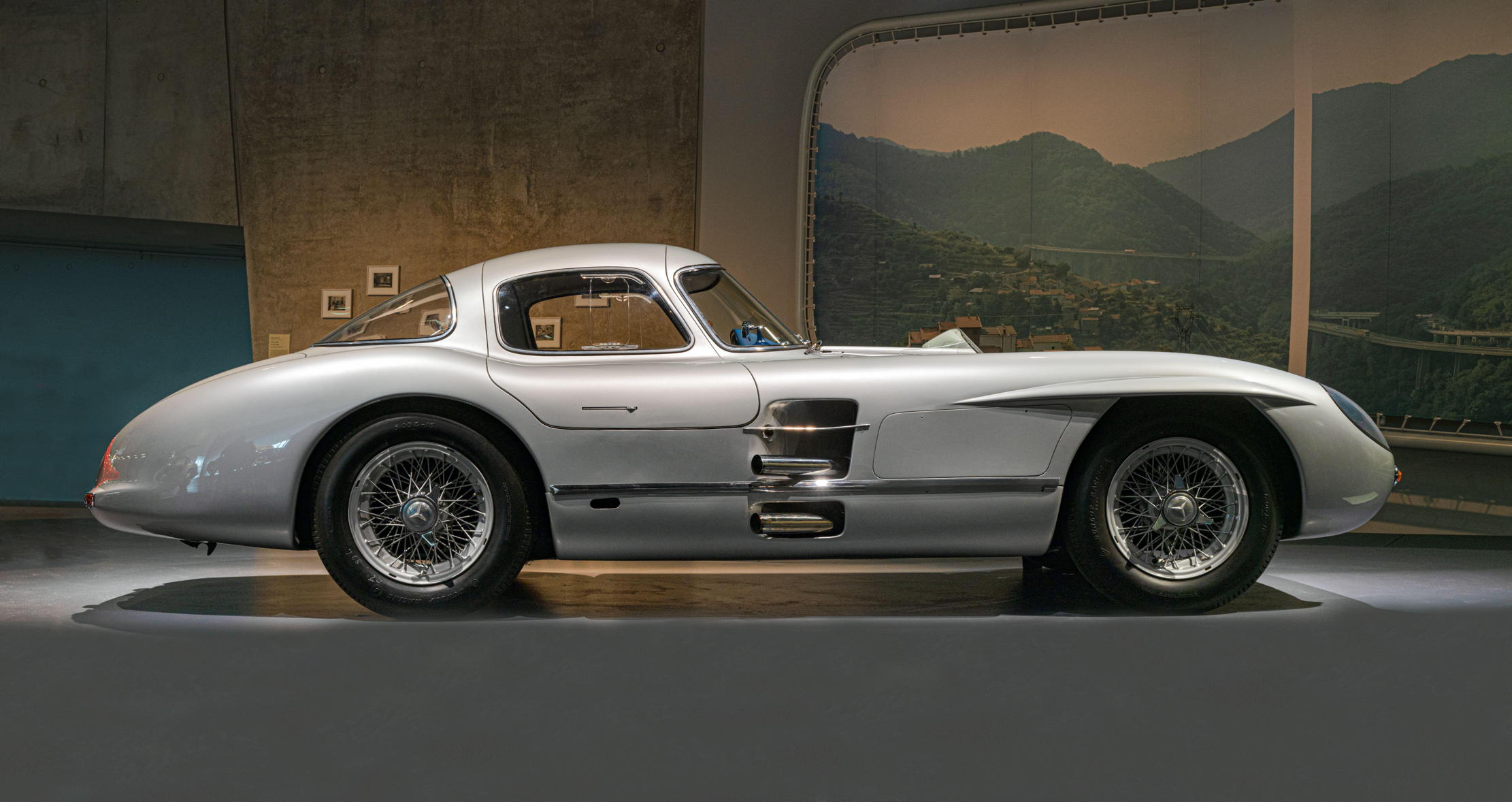 Jungle temples, pet snakes and the most expensive car in the world: Country Life Quiz of the Day, April 14, 2025
Jungle temples, pet snakes and the most expensive car in the world: Country Life Quiz of the Day, April 14, 2025Mondays's quiz tests your knowledge on English kings, astronomy and fashion.
By James Fisher Published
-
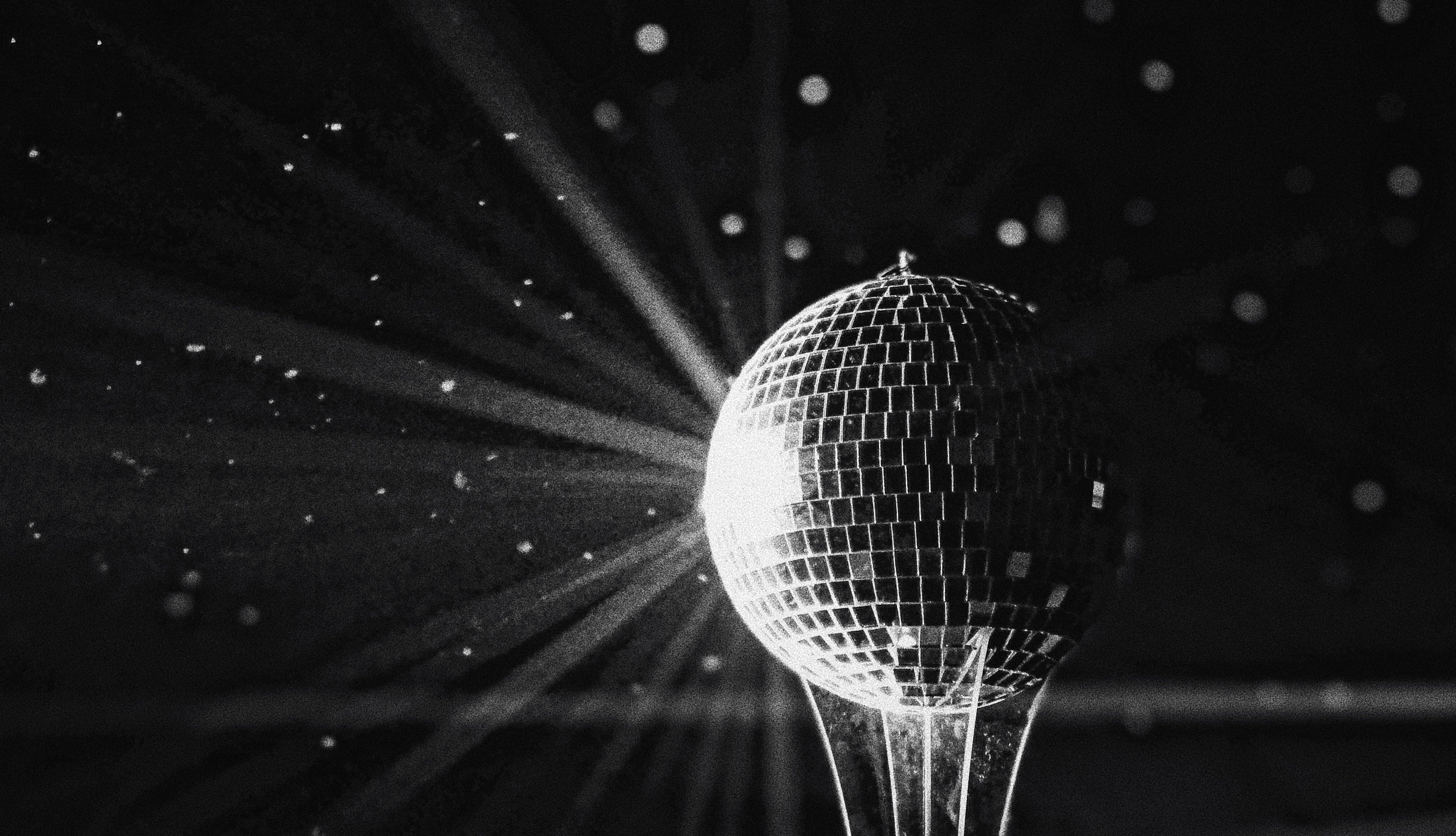 Welcome to the modern party barn, where disco balls are 'non-negotiable'
Welcome to the modern party barn, where disco balls are 'non-negotiable'A party barn is the ultimate good-time utopia, devoid of the toil of a home gym or the practicalities of a home office. Modern efforts are a world away from the draughty, hay-bales-and-a-hi-fi set-up of yesteryear.
By Annabel Dixon Published
-
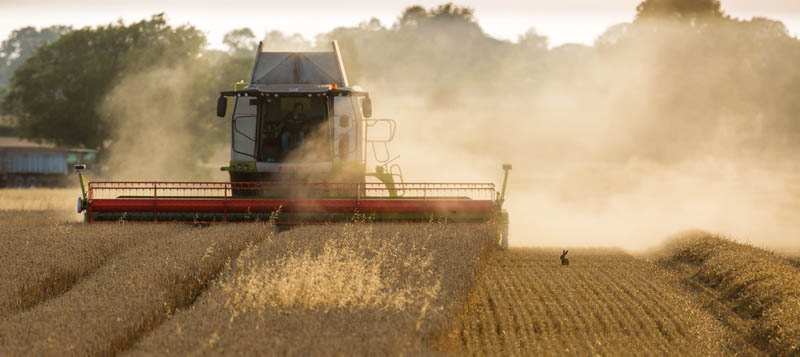 Minette Batters: 'It would be wrong to turn my back on the farming sector in its hour of need'
Minette Batters: 'It would be wrong to turn my back on the farming sector in its hour of need'Minette Batters explains why she's taken a job at Defra, and bemoans the closure of the Sustainable Farming Incentive.
By Minette Batters Published
-
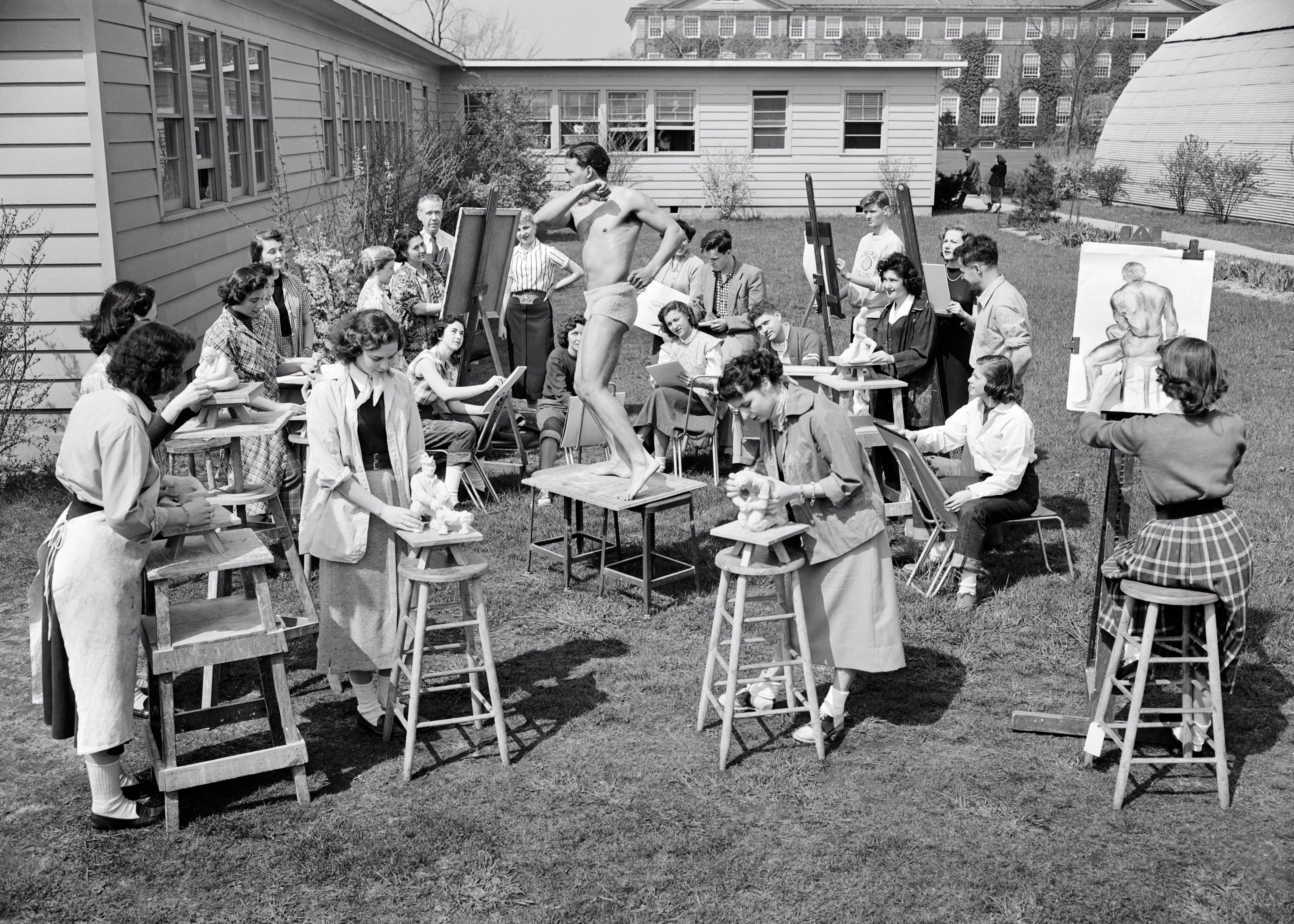 Why it’s imperative that schoolchildren have access to art and design classes
Why it’s imperative that schoolchildren have access to art and design classesThe UK’s creative industries are worth £124.6 billion, but suitable classes are being stripped from the curriculum. Tristram Hunt, director of the V&A, outlines what the Museum is planning to do about it.
By Tristram Hunt Published
-
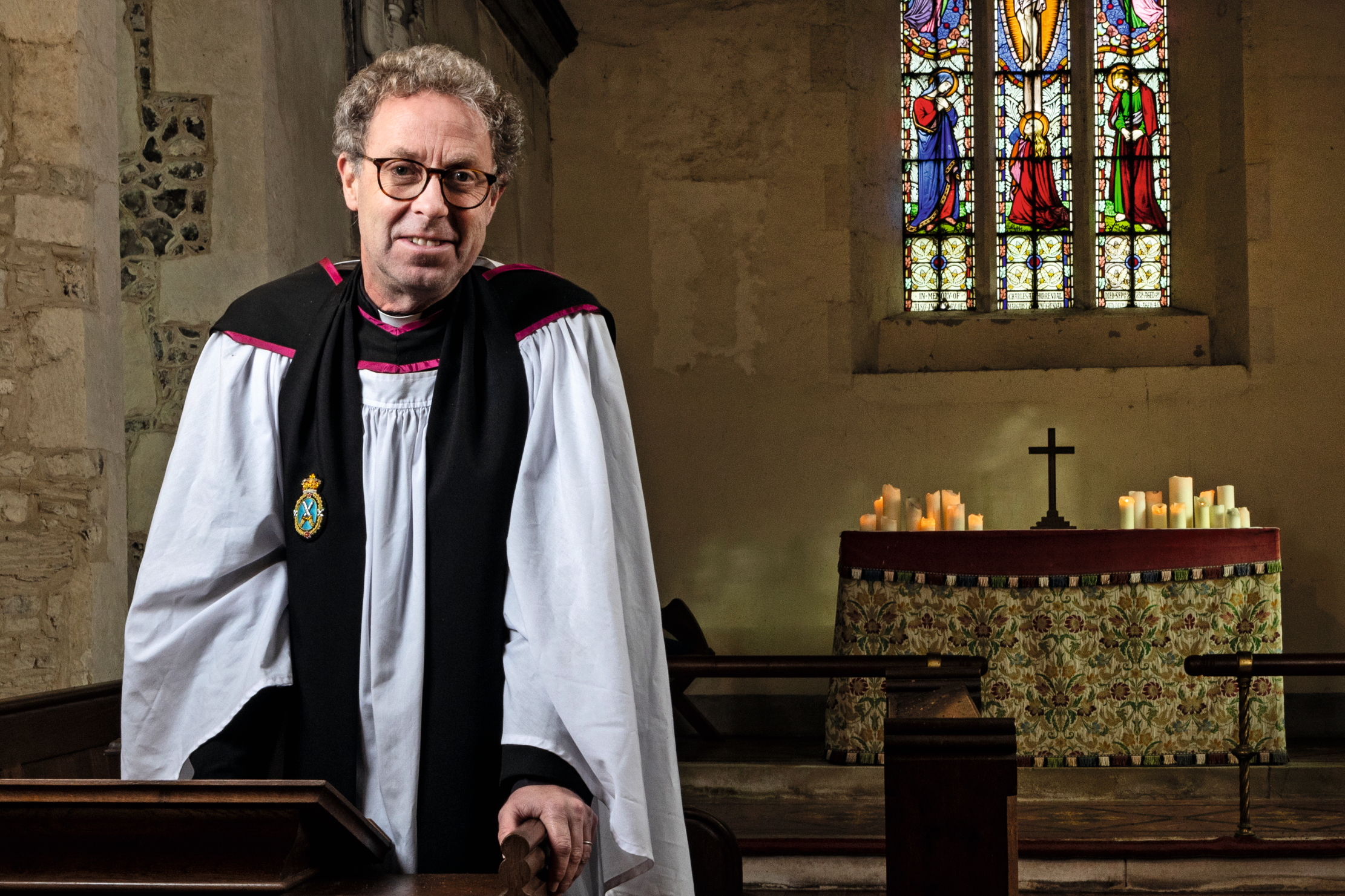 The Country Life Christmas message by Revd Dr Colin Heber-Percy: ‘The most powerful person in the world’ is not an emperor, high priest or CEO, but a helpless baby in the arms of a loving mother
The Country Life Christmas message by Revd Dr Colin Heber-Percy: ‘The most powerful person in the world’ is not an emperor, high priest or CEO, but a helpless baby in the arms of a loving motherRevd Dr Colin Heber-Percy on how Christmas shows us that ‘the most powerful person in the world’ is not an emperor, or a high priest or the CEO of a tech company, but a helpless baby in the arms of a loving mother.
By Rev Dr Colin Heber-Percy Published
-
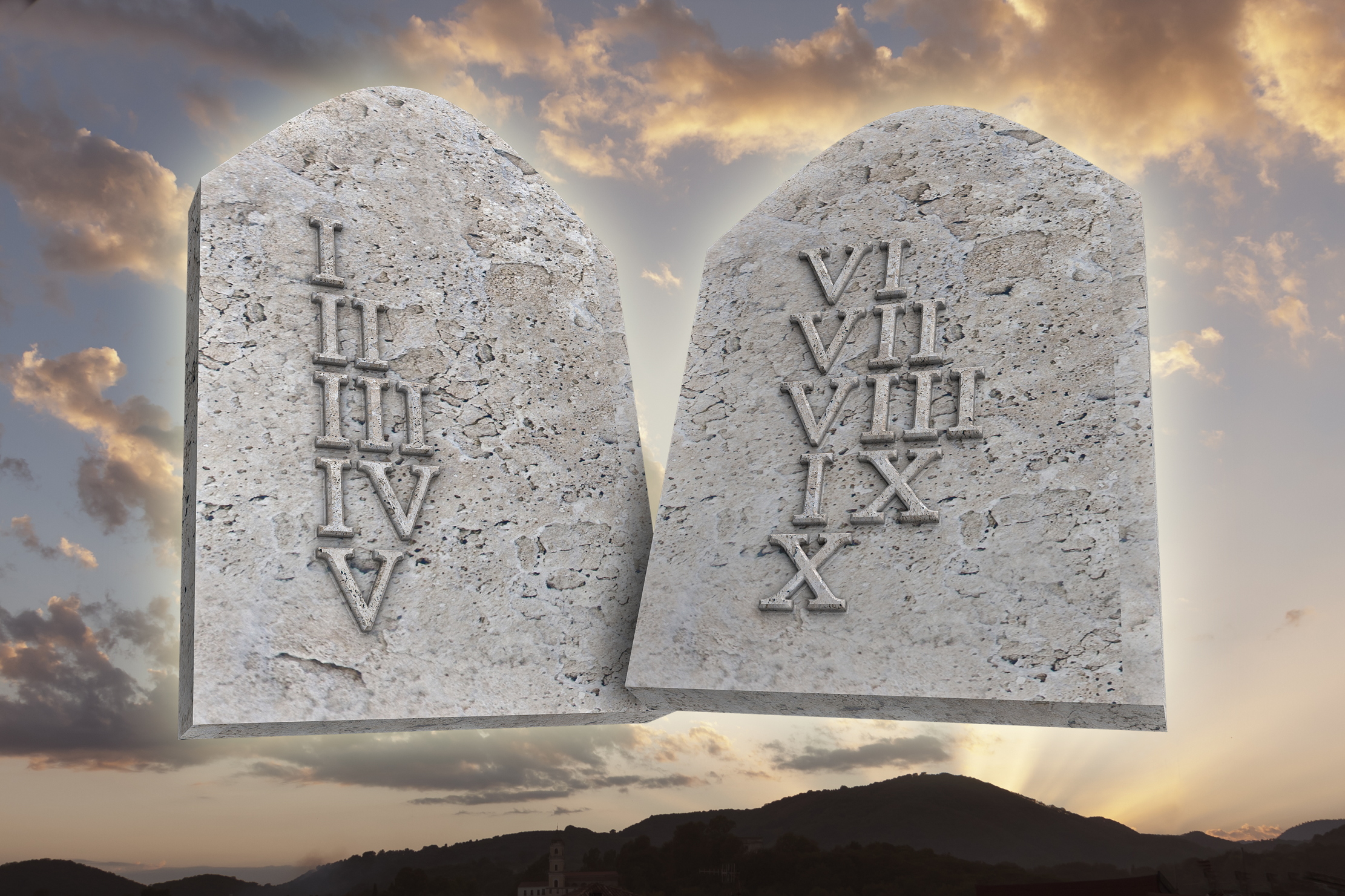 'Keep thy device clean': Country Life's Tech Commandments
'Keep thy device clean': Country Life's Tech CommandmentsWe all use our phones too much. The least we can do is agree on a set of rules for modern etiquette in a digital age.
By Toby Keel Published
-
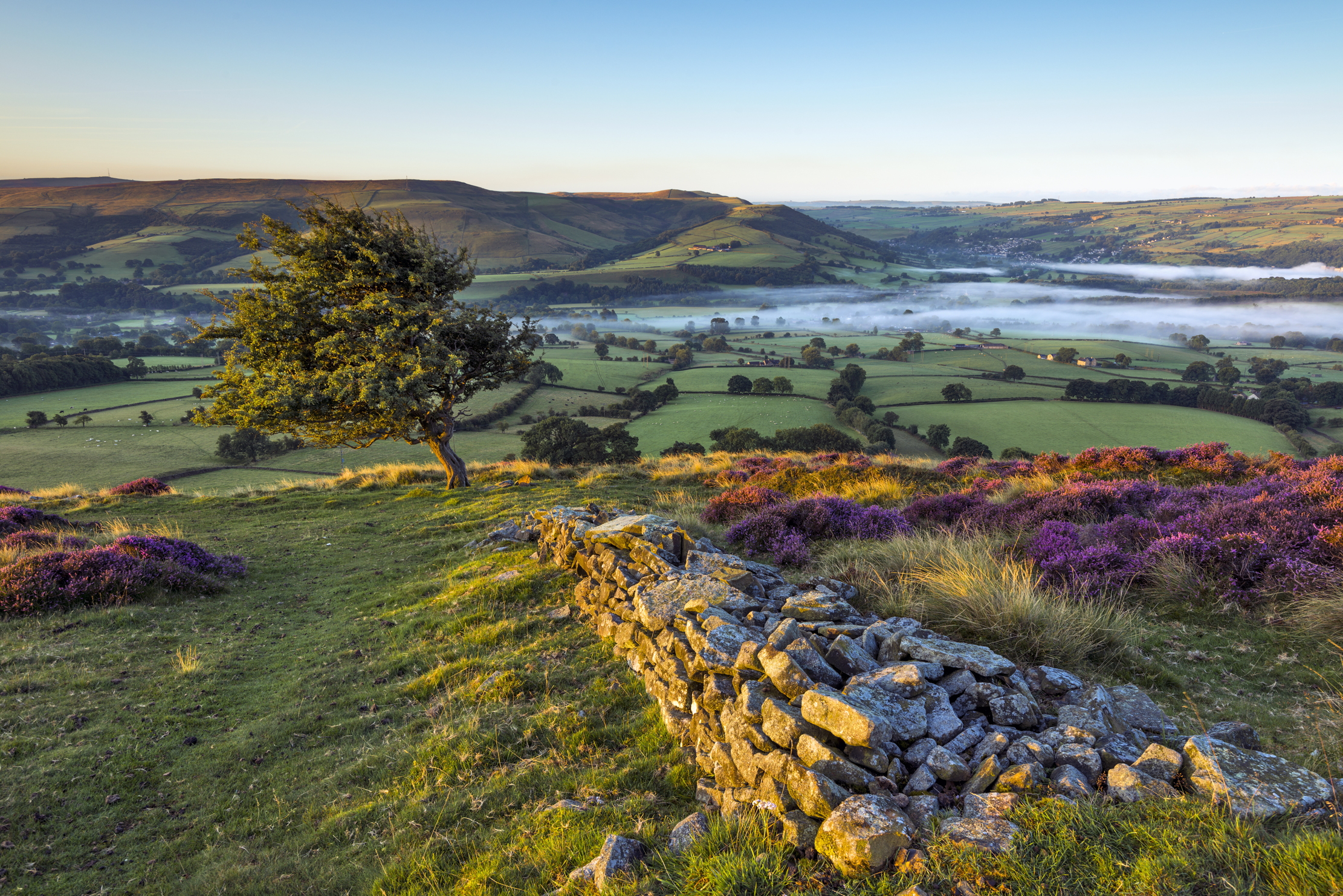 10 ways to save the planet, according to Country Life
10 ways to save the planet, according to Country LifeThere are many practical ways in which we–individuals, groups and Government–can make a difference to our planet, both locally and nationally. As the General Election looms, we present 10 areas where improvement is badly needed.
By Country Life Published
-
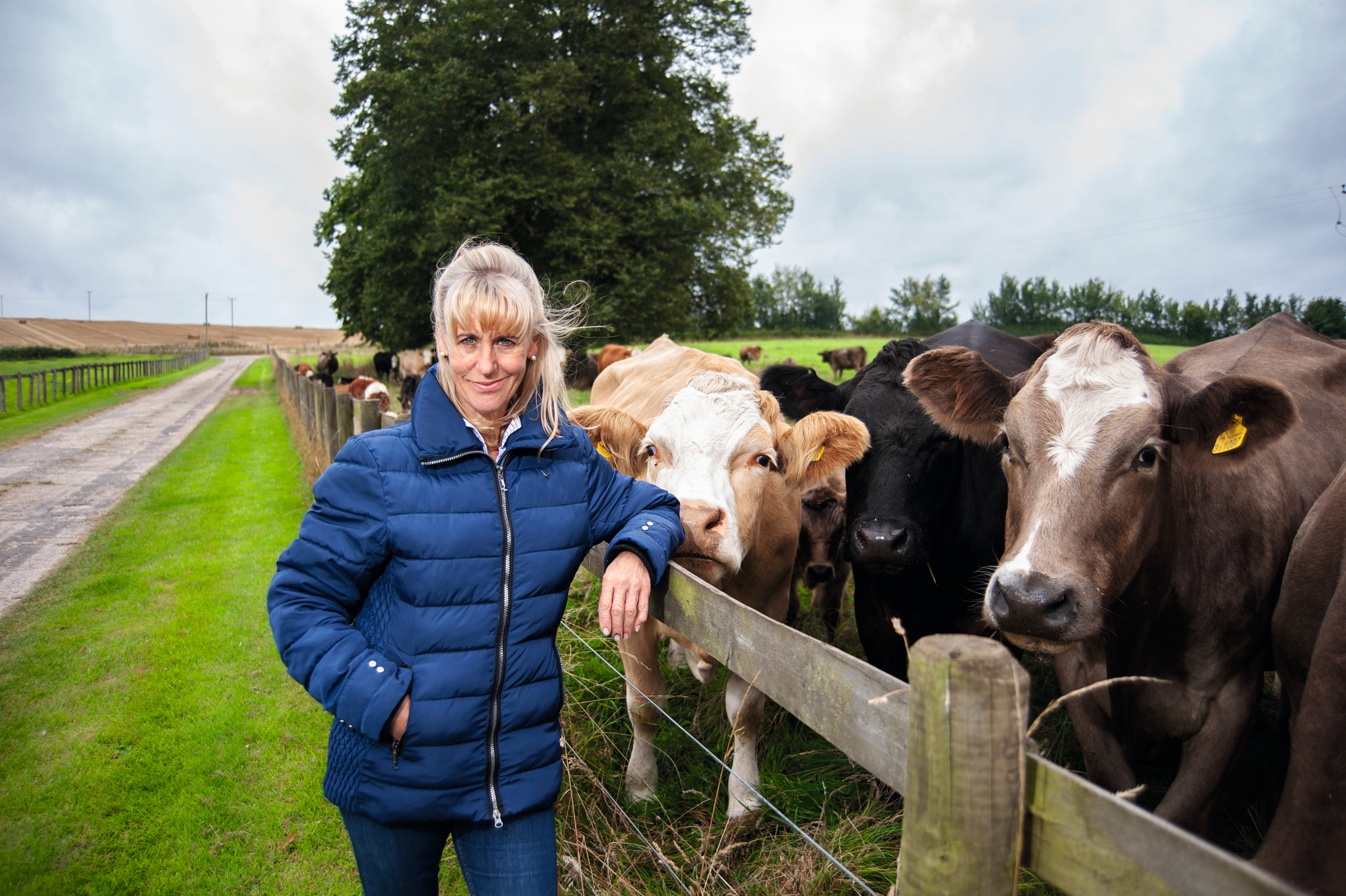 Minette Batters: We need to trade on a level playing field
Minette Batters: We need to trade on a level playing fieldAfter six years leading Britain's largest farming union, Minette Batters talks life after the NFU and why MPs of all parties need to take farming more seriously.
By Minette Batters Published
-
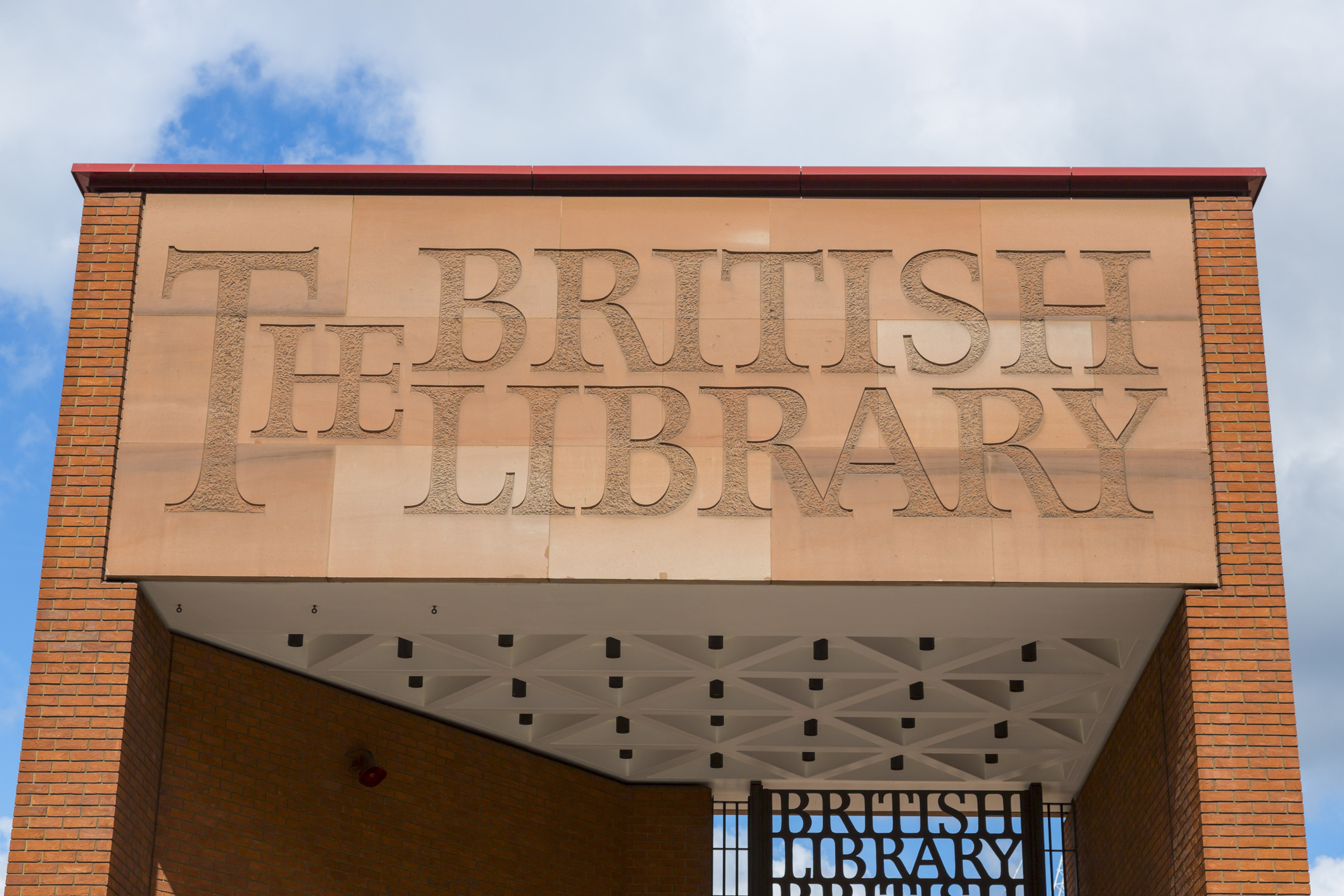 British Library cyber attack is a wake up call to the cultural sector
British Library cyber attack is a wake up call to the cultural sectorThankfully, physical objects are safe from cyber warfare, but our cultural institutions need to sit up and take notice, warns Athena
By Country Life Published
-
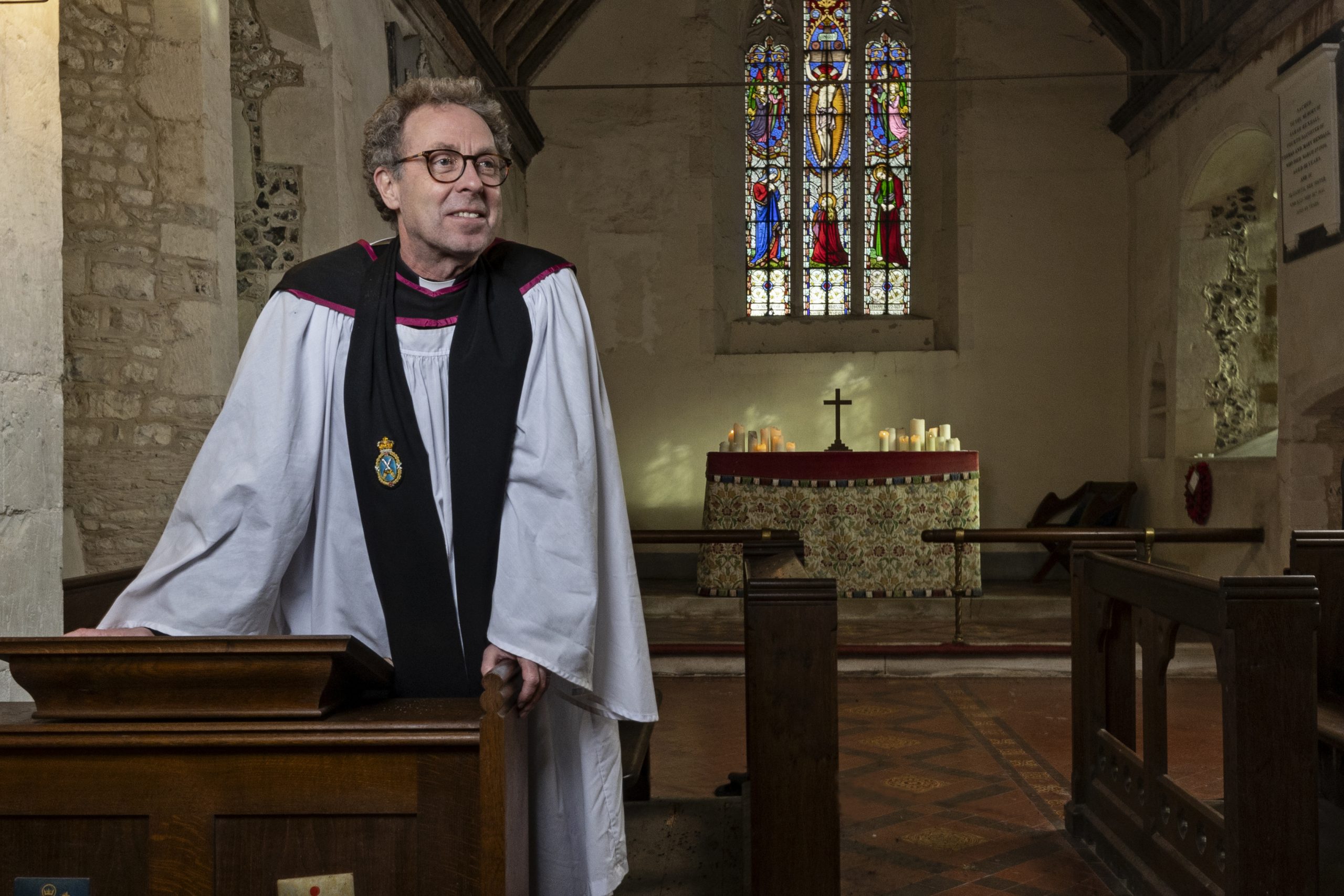 ‘The love we share at Christmas is a refuge. It replenishes our depleted batteries and allows us to go out again into the world’: The 2023 Country Life Christmas message, by Revd Colin Heber-Percy
‘The love we share at Christmas is a refuge. It replenishes our depleted batteries and allows us to go out again into the world’: The 2023 Country Life Christmas message, by Revd Colin Heber-PercyA safe haven, a refuge for rest and relaxation, the place we feel we belong—the concept of ‘home’ differs for each of us. At Christmas, home is so much more than a physical location: it is all around, says the Revd Colin Heber-Percy.
By Rev Dr Colin Heber-Percy Published